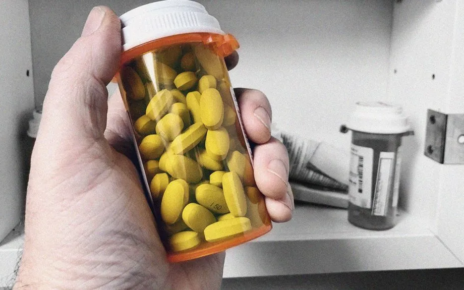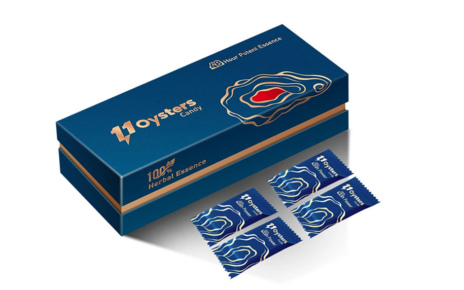Opioid addiction has a devastating impact on a person’s life. From divorce to job loss and social isolation, the consequences can potentially destroy life. In severe cases, continuous drug use can be fatal. Hence, medication like suboxone helps to combat opioid use disorder.
Suboxone supports faster recovery from drug use disorders, but misconceptions are often associated with it. Thus, to help you determine whether treatment suits you, Katy suboxone addresses common myths here.
About suboxone
Suboxone is a combination of two drugs used to treat opioid use disorder. The drug acts as a stimulator and an inhibitor for the brain receptor cells. It binds with receptor cells in the brain, similar to other opioids, such as morphine, heroin, and oxycodone.
Suboxone helps to blunt the intoxication, prevent dependency on drugs, and aid people in transitioning back to everyday life.
Common myths about suboxone treatment
Despite its significance, there are some common misconceptions regarding suboxone treatment, including:
- Suboxone replaces one drug with another
Abstinence is the traditional approach to opioid use treatment. However, the traditional approach often fails without associated therapies such as communication therapy, in-residence monitoring, etc. In such instances, medication-assisted therapy is the most effective method for treating opioid addiction.
Addiction is similar to chronic medical conditions. Hence, treating an addiction with medication makes sense, just like treating high blood pressure with medicine. Suboxone treatment reduces withdrawal symptoms, allowing individuals to discontinue drug use gradually.
- Suboxone is addictive
Suboxone, in principle, is derived from opioids. It contains an antagonist that helps reduce the exhilarated effects of complete agonists such as oxycodone, heroin, fentanyl, and morphine. In contrast, overuse or abuse may be possible for opioid addicts, especially those not abusing the drug.
However, This is not the case with suboxone. The medication significantly reduces dependency and cravings for drugs.
- Suboxone is enough to cure
Suboxone effectively treats opioid addiction and withdrawal symptoms, potentially enabling a drug-free life. However, its effectiveness is enhanced with therapies and other traditional approaches. Individuals can also seek rehabilitation centers for a full recovery and mental peace.
Healthcare providers may use suboxone when a person suffers from opioid drug abuse or overdose. Contrary to common misconception, lifelong medication is not necessary with suboxone. The treatment lasts only 6-8 months unless your withdrawal symptoms are sufficiently reduced.





